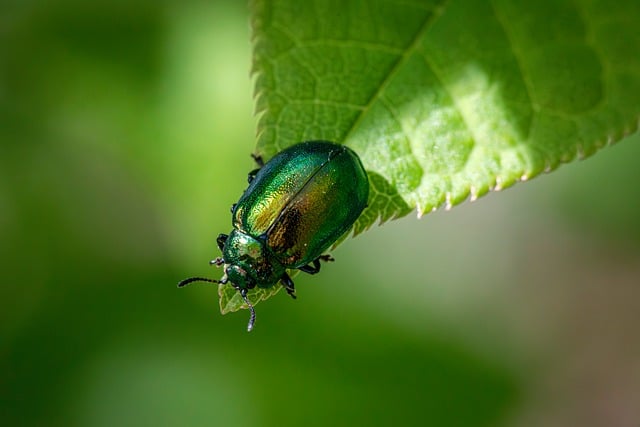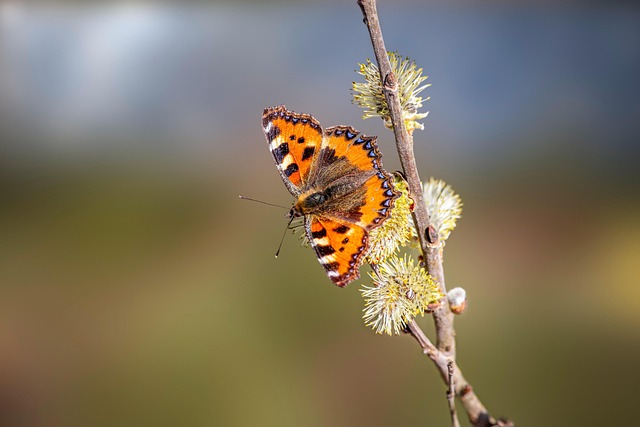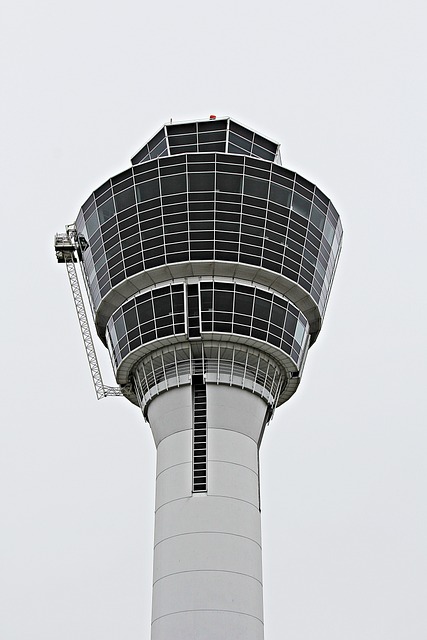Spider infestations threaten fruit tree health in Arvada, Colorado, requiring a proactive insect and disease management approach. Identify harmful species like Black Widows and Brown Recluses, and implement strategies that include regular inspections, proper fruit care, targeted treatments, and natural repellents. Avoid synthetic pesticides to protect beneficial insects. Use organic barriers, encourage predator spiders, and employ seasonal strategies tailored to local conditions and tree varieties. Stay informed through regional guidelines and arborist consultations for healthy, productive fruit trees.
In the lush landscapes surrounding Arvada, Colorado, fruit trees are not just a source of beauty but also face consistent threats from insects and diseases. Effective pest control is essential for maintaining the health and productivity of these valuable plants. This article explores comprehensive spider treatment methods, offering insights into understanding common species, traditional and natural controls, and preventive strategies. By implementing optimal insect and disease management practices tailored to local conditions, homeowners can protect their fruit trees near Arvada.
- Understanding Spider Infestations: Identifying Common Species in Fruit Tree Environments near Arvada
- Traditional and Natural Spider Control Methods for Optimal Fruit Tree Health
- Preventive Measures and Seasonal Strategies for Effective Insect and Disease Management in Fruit Trees
Understanding Spider Infestations: Identifying Common Species in Fruit Tree Environments near Arvada

Spider infestations can be a significant concern for fruit tree owners in and around Arvada, Colorado. Identifying the specific species is crucial for effective insect and disease management. Common spiders that target fruit trees include the Black Widow, Brown Recluse, and several species of orb-weaving spiders. These arachnids are attracted to ripe fruits, making them frequent visitors to orchards and nearby areas.
Understanding their behavior and preferences is essential in devising a suitable treatment plan. For instance, Black Widows are known for their formidable venom but typically only bite when disturbed or threatened. Brown Recluses, on the other hand, prefer secluded spaces and are more harmful due to their potent neurotoxins. Effective spider control near Arvada requires a combination of preventive measures, such as regular tree inspections and proper fruit management practices, alongside targeted treatments to minimize their population and protect both the trees and nearby residents.
Traditional and Natural Spider Control Methods for Optimal Fruit Tree Health

In the quest for maintaining optimal health in fruit trees near Arvada, a holistic approach to insect and disease management is crucial. Traditional methods often rely on synthetic pesticides, which can be effective but also harmful to beneficial insects, birds, and the environment. As such, many arborists and home gardeners are turning to natural spider control methods as an eco-friendly alternative.
Natural predators like spiders play a vital role in maintaining ecological balance. Encouraging their presence around fruit trees helps keep pest populations in check without resorting to chemicals. This can include planting specific herbs known to repel spiders, providing water sources for them, and establishing habitats like rock piles or leaf litter that offer shelter. Additionally, organic pesticides derived from natural ingredients can be applied selectively to target pests while minimizing harm to spiders and other beneficial organisms.
Preventive Measures and Seasonal Strategies for Effective Insect and Disease Management in Fruit Trees

To effectively manage insects and diseases in fruit trees near Arvada, preventive measures are key. Regular tree inspections throughout the year allow for early detection of potential issues. Maintaining proper sanitation practices, such as removing fallen leaves and fruits, helps reduce pest breeding grounds. Applying organic barriers like mulch around the base of trees can also deter pests naturally. Additionally, seasonal strategies like timing pesticide applications during specific life stages of pests ensures minimal impact on beneficial insects and local ecosystems.
For optimal insect and disease management, understanding the unique needs of different fruit tree varieties is essential. Seasonal changes necessitate adjusted care plans; for instance, spring may require treatments for budweevils and aphids, while summer focuses on spider mites and whiteflies. Local climate considerations in Arvada play a significant role, dictating when to anticipate specific pest activities. Staying informed about regional agricultural guidelines and working with local arborists ensures fruit trees near Arvada remain healthy and productive throughout all seasons.
In conclusion, effective pest control for fruit trees near Arvada involves a combination of understanding spider infestations, employing traditional and natural methods, and implementing preventive measures. By identifying common species and utilizing optimal techniques, such as natural repellents and regular inspections, homeowners can ensure the health and vitality of their fruit trees while minimizing reliance on chemicals. Seasonally-based strategies for insect and disease management further reinforce these efforts, contributing to a sustainable and bountiful harvest in the Arvada area.
